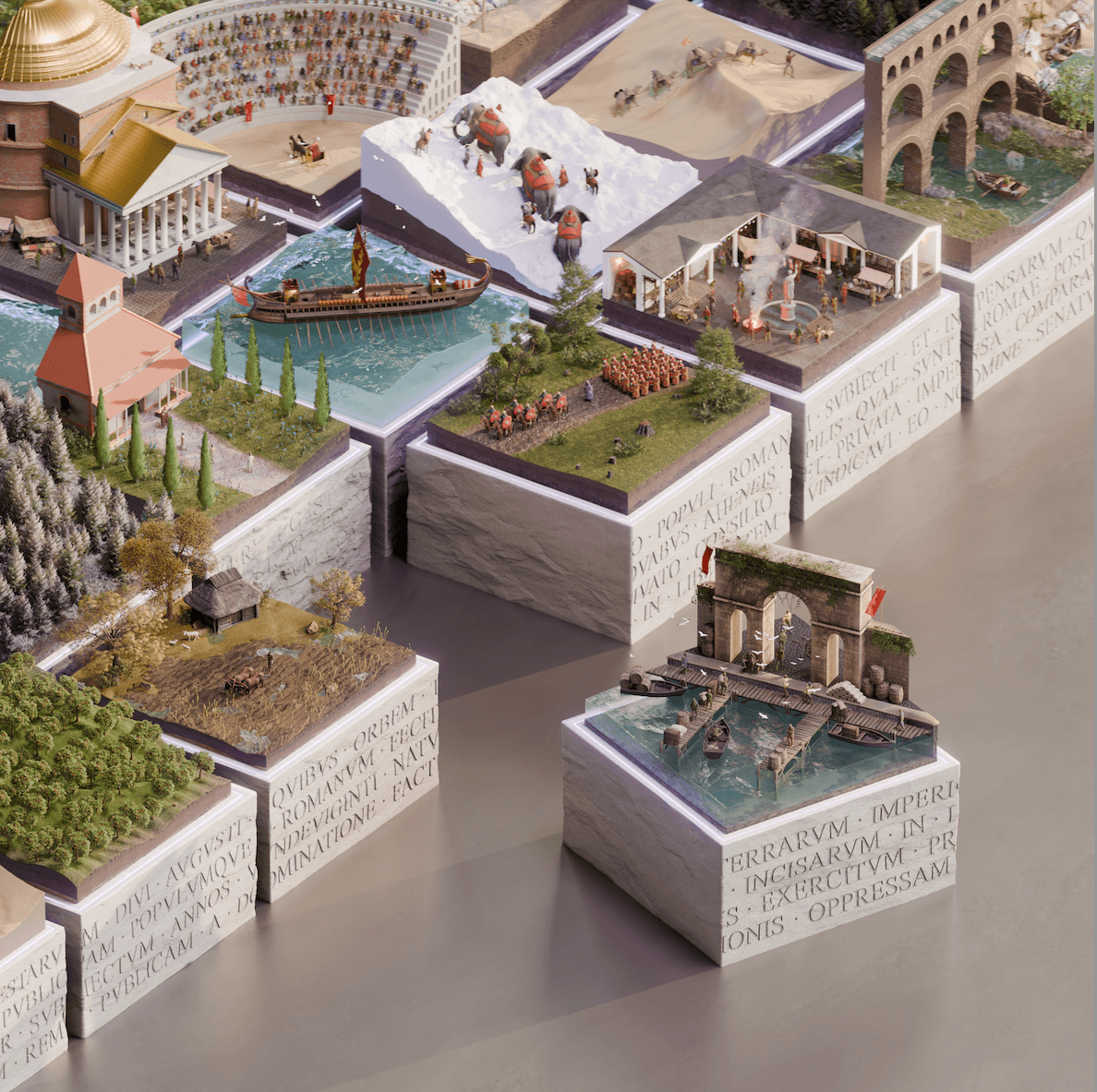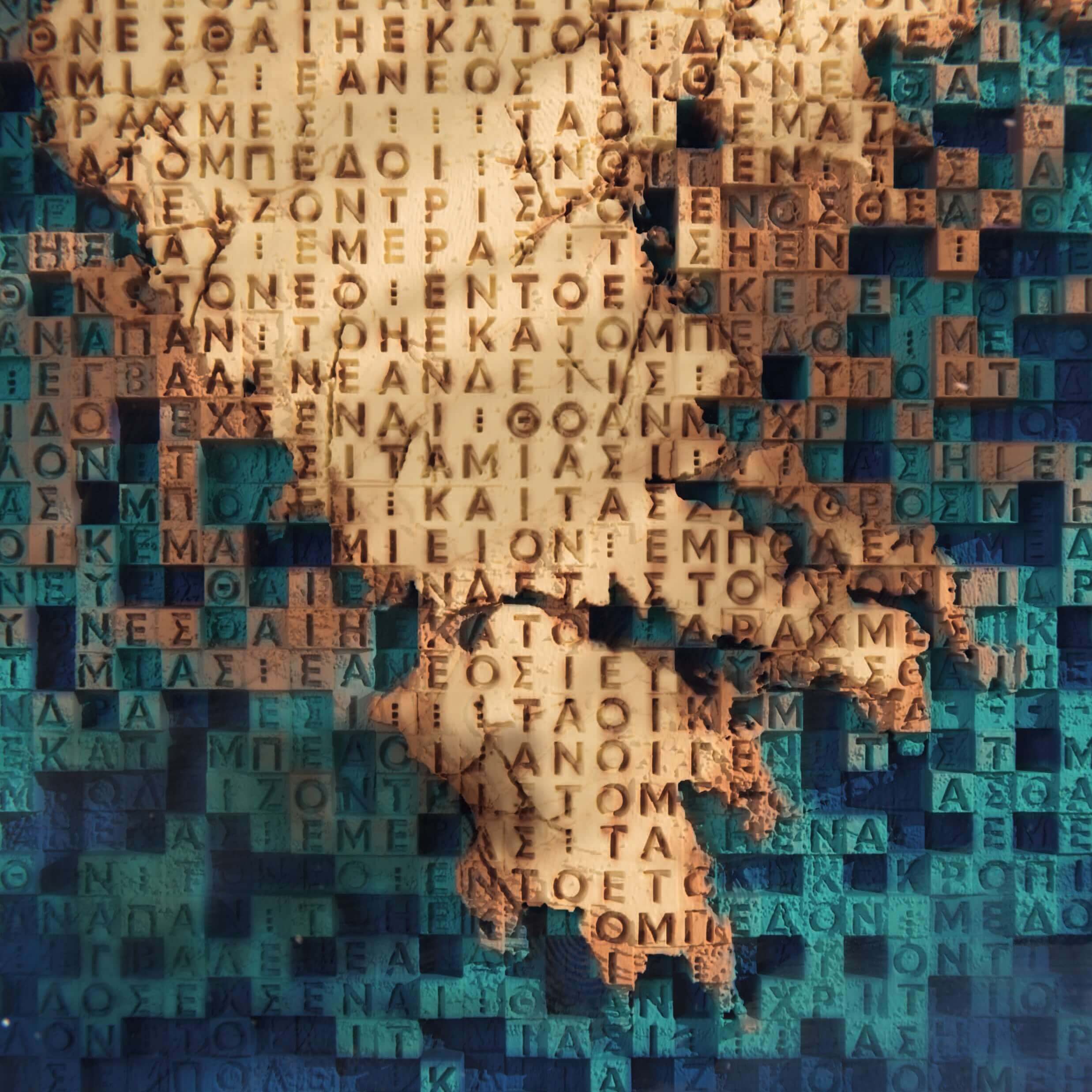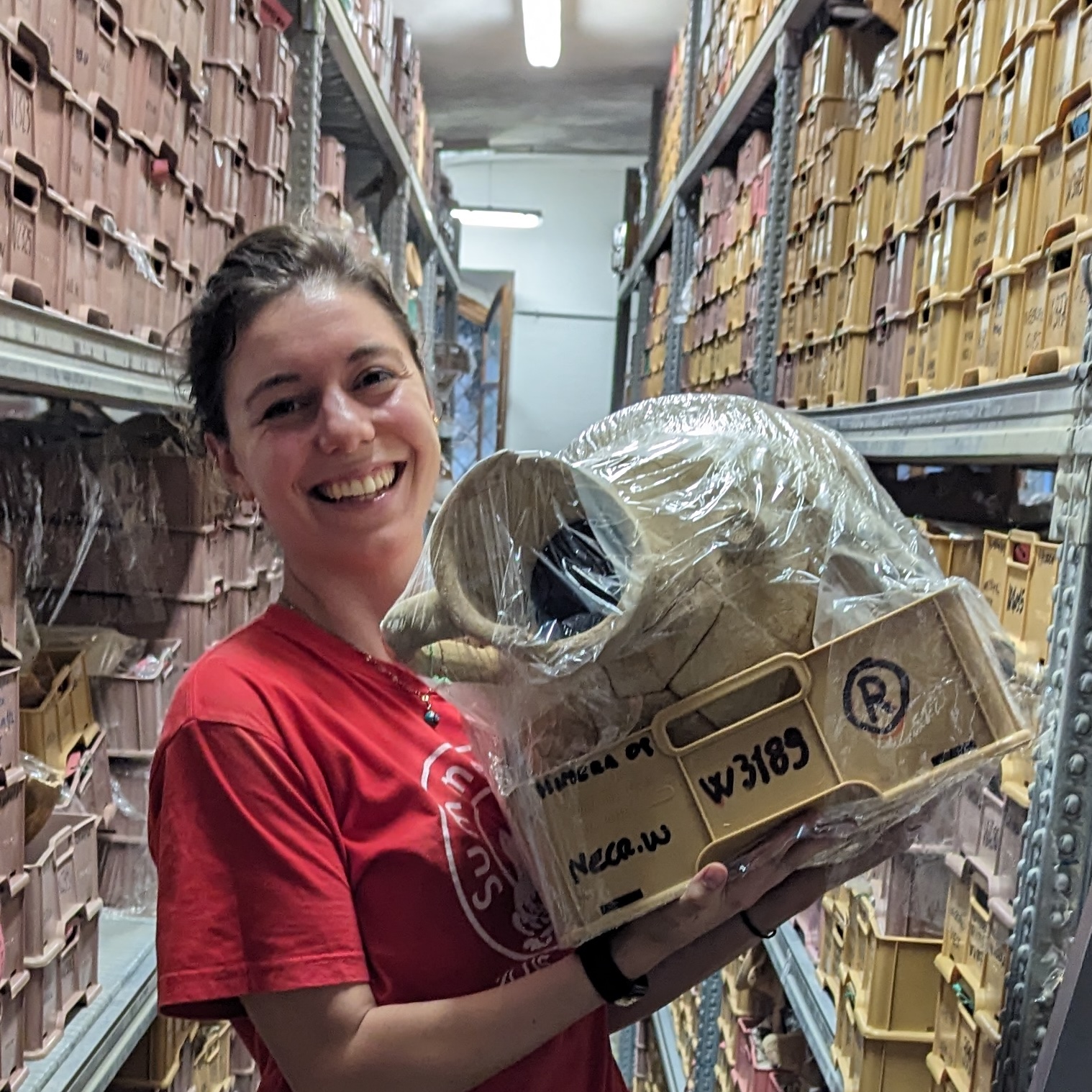Aeneas
The first generative AI model for contextualizing inscriptions. Aeneas reasons across thousands of Latin texts, retrieving textual and contextual parallels that allow historians to interpret and build upon its findings.

The first generative AI model for contextualizing inscriptions. Aeneas reasons across thousands of Latin texts, retrieving textual and contextual parallels that allow historians to interpret and build upon its findings.

An deep neural network for restoring the missing text of damaged Greek inscriptions, identifying their original location, and establishing the date they were inscribed. Ithaca is already being used to reevaluate key periods in Greek history.

I am studying the commercial inscriptions on transport amphorae, reused in the necropoleis of Himera. I also enjoy publishing new epigraphic material from Himera and its hinterland.

I am carrying out research into AI bias in ancient world datasets, raising awareness about the marginalization of identities in ancient big data.
2022 - 2025, Project co-lead
Aeneas – Contextualising ancient texts with generative neural networks.
Google DeepMind, Universities of Nottingham, Warwick, Oxford, Athens AUEB, Google Cloud & Leverhulme Trust.
2024 - 2025, Project lead
Connecting the Past - Deep neural networks for ancient Greek networks.
Leverhulme Early Career Fellowship, grant n°ECF-2023-488. Hosted by the University of Nottingham.
2023 - 2027, Project partner
Consuming the East in Sicily – The eastern Greek transport amphorae from the necropolises of Himera and new insights into the colony's extra-regional trade (mid-7th to 5th century BCE).
Responsible for the study of the amphorae inscriptions from the necropoleis of Himera.
FWF Austrian Sciences Fund n°36827. Institute for Classical Archeology, University of Vienna.
2021 - 2023, Project lead
PythiaPlus - Machine learning for the study of ancient epigraphic cultures.
Marie Skłodowska-Curie grant agreement No. 101026185. Hosted by Ca’ Foscari Università di Venezia.
2020 - 2022, Project co-lead
Ithaca – Restoring and attributing ancient Greek inscriptions with Machine Learning.
Google DeepMind, Ca’ Foscari Università di Venezia, University of Oxford, Athens AUEB University, Google Cloud.
2019, Project co-lead
Pythia – Restoring ancient text using deep learning: a case study on Greek epigraphy.
University of Oxford, Google DeepMind.
2018 - 2017, Project lead
ISicDef – A digital corpus of Sicilian curse tablets.
Independent research conducted at the University of Oxford.
Google DeepMind (link), BBC News (link), The New York Times (link), The Guardian (link), Nature (link, link), The Economist (link), New Scientist (link), Wall Street Journal (link), MIT Tech Review (link), Science (link), The Conversation (link), Il Manifesto (link), El Paìs (link), SINC (link), Sveriges Radio (link), University of Nottingham (link), Leverhulme Trust (link), University of Oxford (link)
Times Radio (link), The Guardian (link), Google Cloud (link), Nature (link), (link), Financial Times (link), MIT Technology Review (link), German National Radio (link), Gizmodo (link).
EU Commission - R&I success stories (link), EU-MSCA fellow of the week (link).
Google DeepMind (link), Nature (link, link, link), The Guardian (link), The Times (link), The Telegraph (link), University of Oxford (link, link, link), New Scientist (link), Wired (link), Smithsonian (link), Le Monde (link), Greek Ministry of Culture (link), Η Καθημερινή (link, link), El Paìs (link), Frankfurter Allgemeine (link), ORF (link), SRF (link), La Repubblica (link, link), La Stampa (link), RAI (link, link).
Oxford Classics Faculty (link), Scuola Normale di Pisa (link).
Google DeepMind (link), New Scientist (link), University of Oxford (link, link), The Times (link), La Repubblica (link), Η Καθημερινή (link), RAI News (link), TechCrunch (link), Newsweek (link), The Telegraph (link), Council of Europe (link).